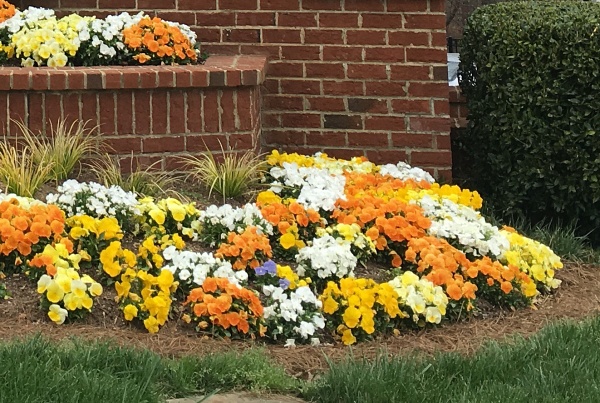by Claire Korzen, ICCT
If, during this time of isolation, you have a yard, access to online shopping, and time, why not consider gardening? In his essay Why Bother, Michael Pollan writes, “Planting a garden sounds pretty benign, I know, but in fact it’s one of the most powerful things an individual can do.”

Our lives have changed in the past month more radically than we thought possible. We’ve suddenly lost so many of the little bricks that pave our normal lives—a standing Taco Tuesday date with friends, casual small-talk with coworkers about weekend plans, saying “how was school?” to children at the end of the day. But in these times of change, we can make new paths for ourselves and even, perhaps, the world.

As Pollan notes, gardening is a solution that begets other solutions. Gardening gives us control over the world around us in a direct way; it gives us the power to put nutrients in the soil, to pull CO2 from the air, to feed the native wildlife around us, and to feed ourselves. It takes us away from the firehose of news and bombardment of electronic notifications to focus us on a task that rewards patience, care, and peace, helping our minds and bodies alike.
And the more of us garden, the more we can change the norm away from weedkillers, gas-guzzling mowers, and sterile lawns that must be beaten into submission. We can each change our small patch of the planet for the better and inspire others by doing so.

Even in this time of pandemic, some things remain constant, and those constants can anchor us in changing what needs to be changed. “The sun still shines down on your yard, and photosynthesis still works,” as Pollan says. With the sun on our skin and dirt beneath our hands, we can make our own radical transformation. And once the pandemic passes, we can reconnect with friends, family, and neighbors by sharing the food we’ve grown.
For more information on how to start gardening, visit this online resource from the North Carolina State University Extension Service: Vegetable Gardening: A Beginner’s Guide.




